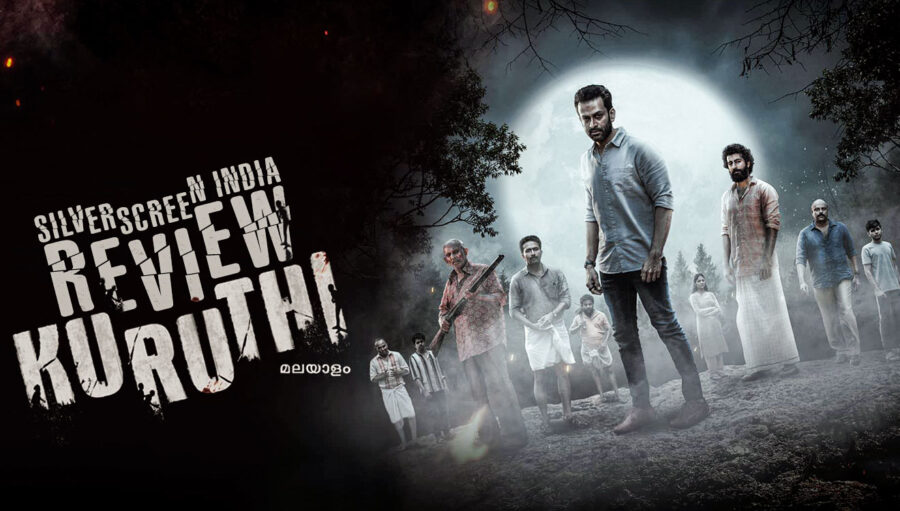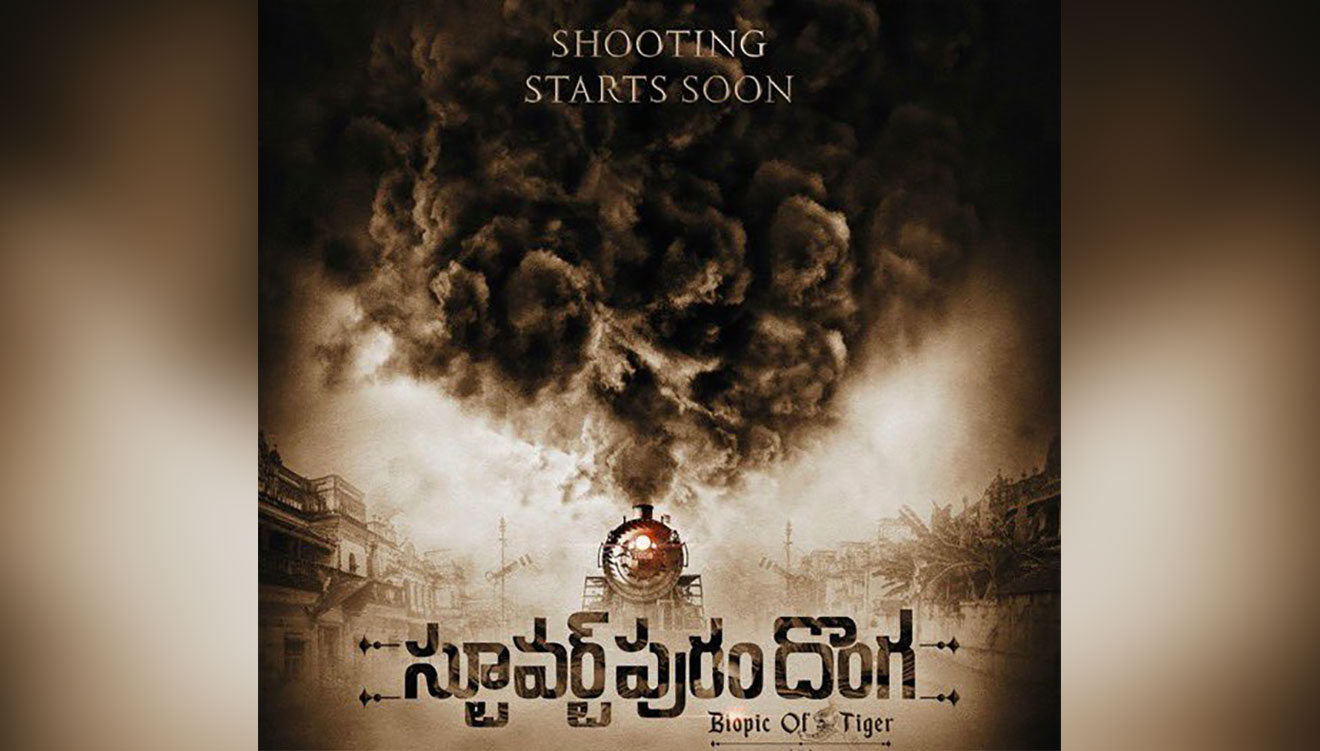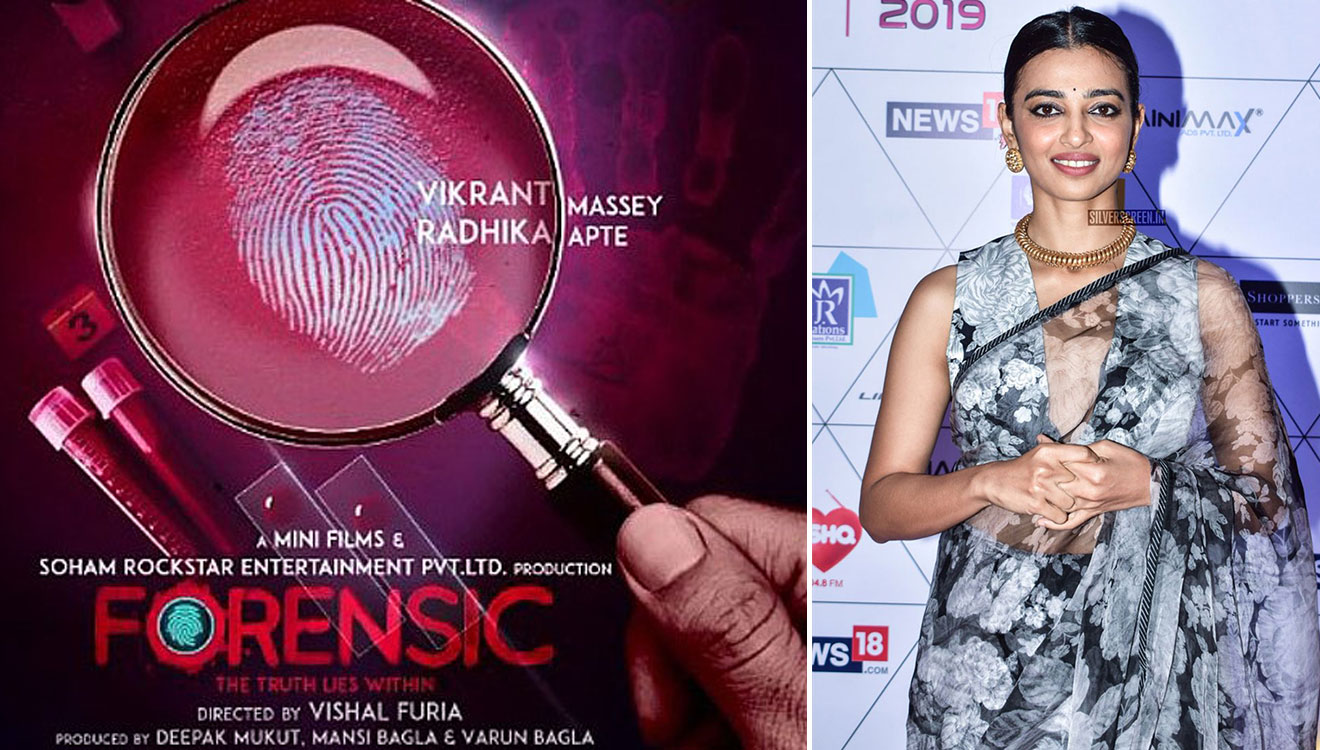One of the central characters in Kuruthi is a boy who has barely crossed his teen years. Arrested by the police for the murder of a shopkeeper and being taken to the police station, he has the victim’s vengeful son and his people hot on his heels. In what could be his final moments, he dishes out hot takes on contemporary India. “Aren’t we (the Hindu community) far better than Shah Jahan and his likes?” he asks a family of Muslims, the tone of his voice resembling that of a high-schooler in a classroom discussion.
Someone who doesn’t understand the physiology and the internals of the Malayalam language might miss the unintended folly of Kuruthi which is, to a large extent, a chamber drama that relies a lot on conversation. Barring veteran actor Mamukkoya and a bunch of supporting artistes who appear in passing roles, none of the actors in the film show signs of having lived their life in that milieu, a forest hamlet that is quietly but quickly evolving thanks to natural and political activities.
Right from the first sequence, there is relentless verbal commentary about political arrogance, communal hatred and other themes the film is based on. The characters represent the different shades in a gradient of faith — the good, the bad, and the ugly. The choice of words in their exchanges is absurd, betraying subtlety, as though they are reading out of a manifesto. The cop’s commitment to the law is reminiscent of the Amar Akbar Anthony days.
Yes, communalism and religious extremism are tearing India apart. Films must address the State’s persecution of the minorities and Dalit community. Kuruthi seeks to do that by looking at how these ideas play out in a largely homogenous group comprising of villagers who lead a life of poverty and ordinariness. The result is an uninspiring film wrapped in deliciously dark atmospherics and an excessively sensitive sound design, which has the spirit of a tableau.
Laiq (Prithviraj Sukumaran) is the epitome of this caricatured vision of the screenplay. He is a hunter looking for his prey. Prithviraj brings an air of theatricality to the movie that had already been struggling to find a footing in its genre. The actor’s face, in the long and pivotal scene, is a canvas of bad acting. He spells out Liaq’s religious extremism by refusing to blink his eyes and move his head, mistaking sincere and sensitive performance for an act of squeezing the last drop out of a toothpaste tube. To an audience of frightened simpletons who haven’t seen the world beyond their hamlet, he narrates an anecdote about his brush with neo-Nazis in Paris. When he is ventriloquizing a white woman, he switches to broken English. “Nothing personal, dear…” he says, stressing the wrong consonants, feigning unsophistication. But it is not the imperfect English that should signify a person’s upbringing and existence but the demeanour — recklessness or their tactics — or their eye for people who come from similar places as them.
On the paper, the initial 60 minutes might have looked terrific, burning with tension. The house of Moosa (Mammukkoya) and his son Ibrahim (Roshan Mathew), a devout Muslim man who is still mourning the death of his wife and daughter in a landslide a year ago, is invaded twice the same night. First, by a wounded policeman (Murali Gopy) with a handcuffed criminal in tow (Sagar Sathyan), and next by Liaq and his accomplice (Navas Vallikkunnu) who want to kill the boy. Suma (Srinda), a friendly neighbour, accidentally gets caught in the proceedings. The cop, on his deathbed, makes Ibrahim vow to hand over the boy to the police, and not to the blood-thirsty extremists who have surrounded the house.
Ibrahim has to stick to his vow because he desperately wants heaven, to join his dead daughter. But most importantly, the mission to save the boy from the extremists and hand him over to the police becomes a litmus test for his allegiance to the State. Is he a good Muslim?
The escalation of events inside the modest house, lit only by an old-fashioned tungsten lamp and equipped with simple furniture, could seem edgy if one is ready to buy that Kuruthi is a zombie home-invasion drama. The techniques applied by Warrier and cinematographer Abhinandan Ramanujam in the latter half of the film, where the characters abandon dialogue for full-blown assault and defence, are effective to a decent extent. Laiq and his accomplices take the shape of hate-fuelled vampires who won’t stop until they get what they want.
But the pleasures of any genre cannot sustain without unapologetic commitment to the codes of the genre. The thriller elements are weakened by long-drawn debates on ethics that only reiterate something recent films such as Jallikattu (2019, Lijo Jose Pellissery) said, and arguments that seek to establish that Muslim and Hindu extremism are mere reactions to each other.
Recommended
Mamukkoya’s Moosa Khader is a charmer, armed with a gift of repartee and clarity of thought that comes with age. The makers of the film rightly recognise the worth of the character and the actor playing the role, so he gets the best build-up moment in the latter half of the film. When Ibrahim asks him, in the sombre tone that has come to be the film’s identity, to bury him by his daughter if he dies that night, Khader responds casually, “Once you’re dead, it doesn’t make a difference where you lie and rot!” In a ship sinking into the depth of faux seriousness and wobbly urgency, Mamukkoya brings some self-styled mirth. When irrational hatred is staring on the face, perhaps it is wiser to use the shield of cynicism than wear nobility on the sleeves.
*****
The Kuruthi review is a Silverscreen original article. It was not paid for or commissioned by anyone associated with the movie. Silverscreen.in and its writers do not have any commercial relationship with movies that are reviewed on the site.



